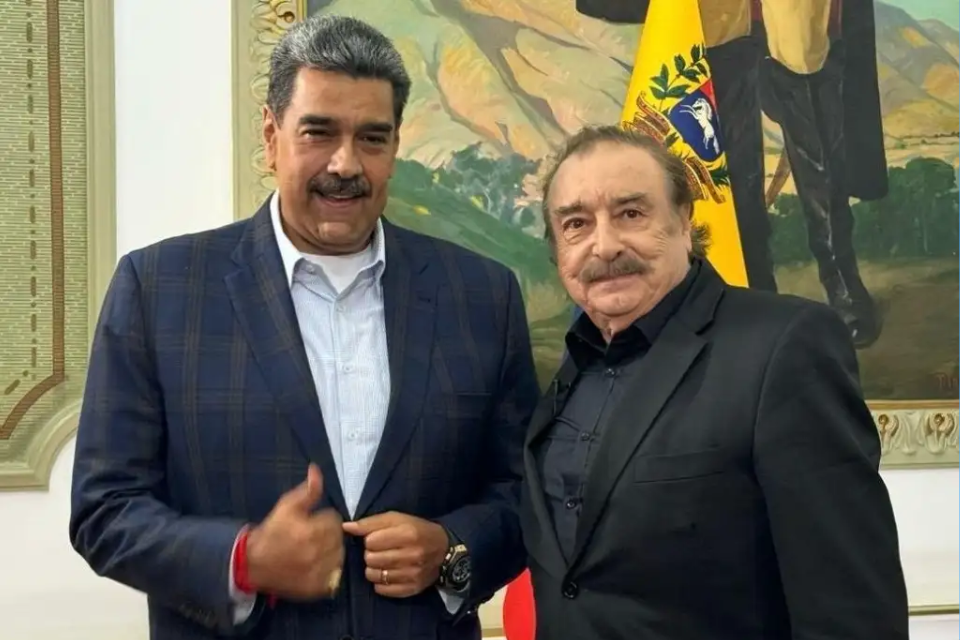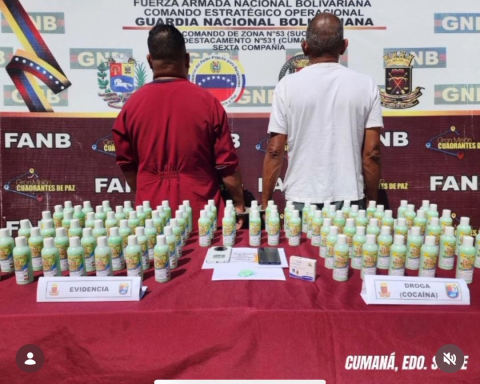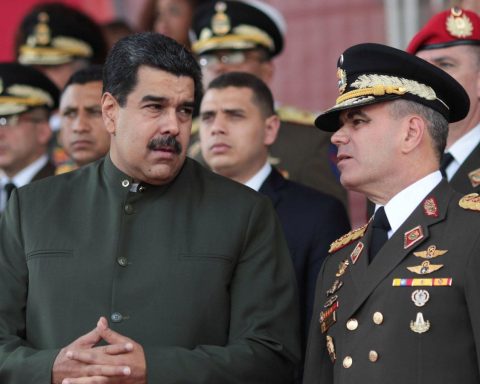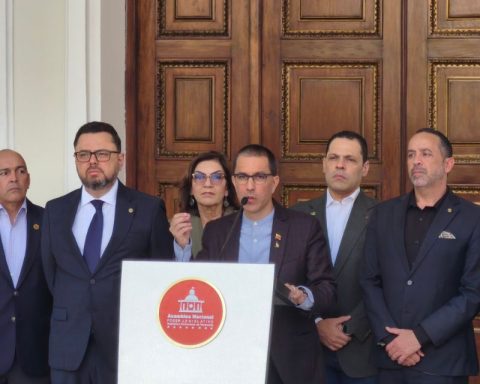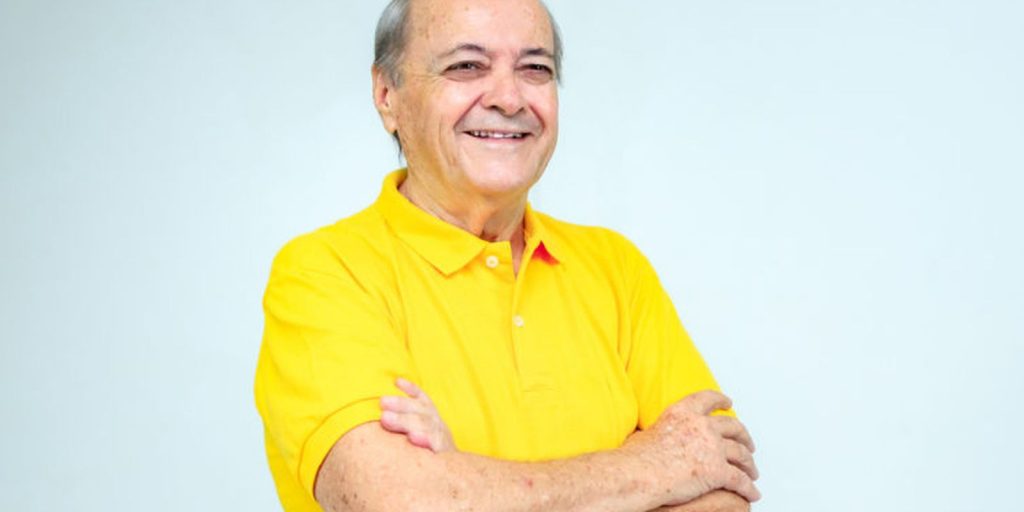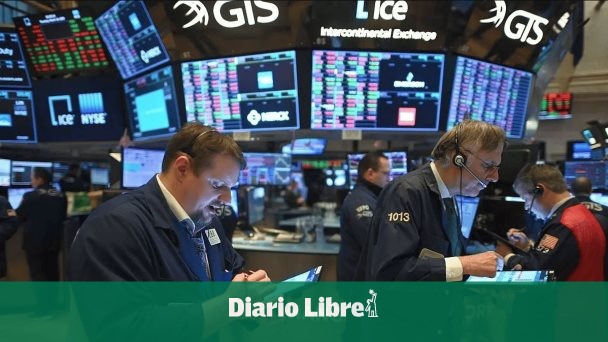During the meeting, held at the Miraflores Palace, Maduro denounced what he called a “diplomacy of deception” on the part of foreign powers that alternate between negotiations and conspiracies to undermine the country.
President Nicolás Maduro said, in the traditional interview every January 1 with the Spanish journalist Ignacio Ramonet, that his government has “returned very strongly to the idea of direct democracy and neighborhood democracy.” In his opinion, his intention is to further democratize the State and strengthen the direct democracy model through communal structures.
Maduro recalled that since the beginning of the revolution, 31 constitutional elections have been held, including presidential, regional and municipal elections, in addition to seven referendums. He highlighted “the government’s commitment to democratic principles.”
He added the success of the popular consultations carried out in 2024 to approve community projects. He also highlighted the choice of 15 thousand justices of the peace through popular voting, which, according to him, reinforces community power and challenges the international narrative about democracy in Venezuela.
During the meeting, held at the Miraflores Palace, Maduro denounced what he called a “diplomacy of deception” by foreign powers that alternate between negotiations and conspiracies to undermine the country.
*Read also: Argentine Forum expands complaint against Maduro for siege on the embassy in Caracas
He mentioned the anti-fascist congresses organized in Caracas that have brought together progressive and humanist movements globally in support of the Bolivarian Revolution. According to Maduro, these meetings are a reflection of international support for his fight for a multipolar world and alternatives to the current hegemonic model.
He stressed that the United States Government wants to “destabilize our homeland, destabilize our democracy, derail Venezuela and try to take it down the paths of chaos, division, take it down the paths of confrontation and with chaos, division, violence, to call for a foreign military intervention, which is the ultimate dream of this outrageous idea of Venezuelan fascism, of the extreme right, of trying to apply a method of maximum pressure, violence and destruction of the revolutionary forces of the Chavismo,” he said.
*Journalism in Venezuela is carried out in a hostile environment for the press with dozens of legal instruments in place to punish the word, especially the laws “against hate”, “against fascism” and “against the blockade.” This content was written taking into consideration the threats and limits that, consequently, have been imposed on the dissemination of information from within the country.
Post Views: 321
